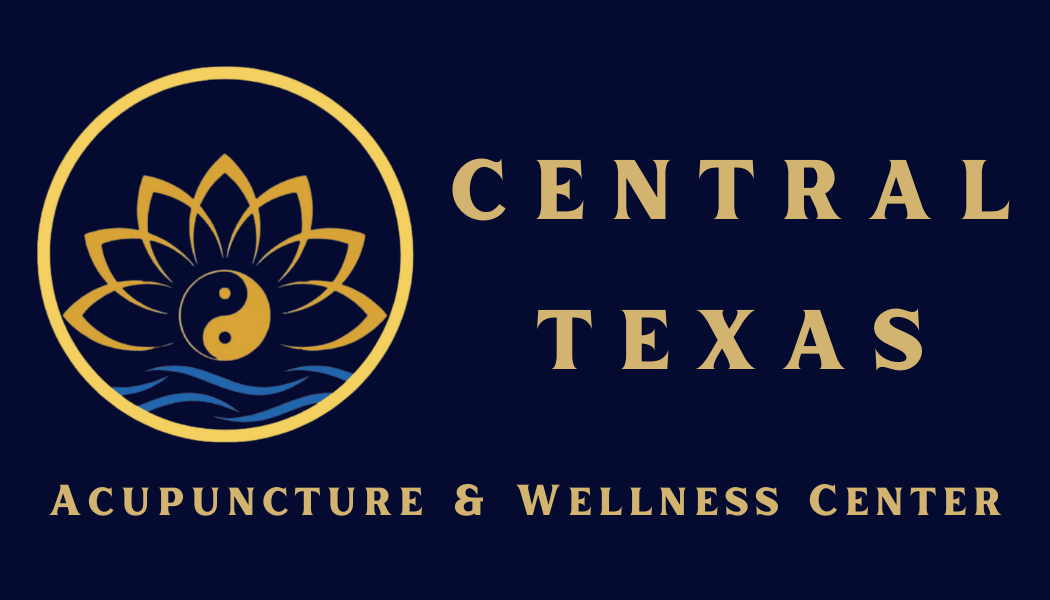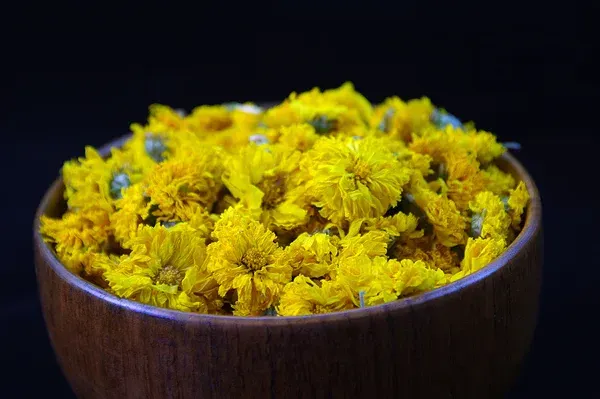Harmonizing with Autumn: TCM Insights into the Fall Season

This morning, my mentor Tanya shared a beautiful blog post about the enchanting season of fall, and it left me feeling inspired to extend this heartfelt message to others.
I understand that this message may be a bit lengthy, but I invite you to stay with me because there's a fascinating connection between the autumn season and the principles of Traditional Chinese Medicine (TCM) that I'd like to explore and share.
Fall, with its vibrant tapestry of colors and its gentle descent into the embrace of winter, carries profound lessons that resonate far beyond the rustling leaves.
Amidst the warm embrace of this past summer, I found myself wandering through the corridors of introspection. Questions, like fluttering leaves in a gentle breeze, danced through my mind. I pondered the essence of friendship, questioning the depth of my own loyalty. Why, I wondered, did those I held closest seem distant when I needed them most?
In the quiet moments of reflection, a profound realization unfurled its wings within me. I whispered to myself, "Enough." I recognized that I deserve more than fair-weather "friends" who only surface when it suits them, leaving our friendship stranded in the shallows. Just as in all relationships, the currency of "QI" effort and loyalty must flow both ways.
Recently, I embarked on a journey of self-discovery through a seminar titled "Shift" completely changed my Mindset. Initially focused on business practices, the wisdom I unearthed during those two days bloomed far beyond the conference room. It revealed itself as a guiding star in the constellation of my personal life.
As the trees gracefully shed their foliage, they teach us the art of letting go. Each leaf's descent is a reminder that change is an integral part of life. Just as the old must make way for the new, we too must release what no longer serves us, whether it be habits, relationships, or beliefs.
The crisp autumn air whispers tales of transformation. In the quiet moments when the world seems to hush, we can hear the wisdom of the season. It reminds us that growth often arises from the compost of our experiences. Just as fallen leaves nourish the earth, our past challenges and triumphs enrich our journey toward becoming better "YOU".
In the warmth of cozy scarves and pumpkin-spiced moments, fall invites us to savor the present; apparently not yet in TEXAS BIPOLAR weather conditions. It encourages us to relish the simple pleasures, to find joy in the amber hues of a setting sun, and to gather with loved ones around the hearth of togetherness.
So, as I reflect on the wisdom of fall, I invite you to join me in this seasonal celebration. Let us embrace change, honor our past, and find solace in the beauty of the present. May the lessons of fall be our guiding light as we navigate the ever-turning seasons of life.
As the leaves of my understanding rustle with newfound wisdom, I'm reminded that, like the seasons, friendships too have their cycles. It is in the letting go of what no longer serves us that we create space for those who align with the true essence of who we are. So, here's to shifting mindsets, embracing change, and nurturing connections that bloom in the rich soil of reciprocity and authenticity.
Chinese Medicine and the Season of Autumn
In Chinese medicine, the concept of seasons is intricately woven into the understanding of health and well-being. There are typically five seasons discussed: the well-known Summer, Autumn, Winter, and Spring, as well as an additional season known as "long summer," characterized by warmth and dampness.
Autumn, in the realm of Chinese medicine, represents a transition from the yang energy of summer to the yin energy of winter. It is closely associated with the Chinese understanding of the lungs and the element of metal. Below, I offer an excerpt from the Huang Di Nei Jing Su Wen (Su Wen), a classical text, providing guidance for the autumn season.
The "Huang Di Nei Jing" (黄帝内经), or "The Inner Classic of the Yellow Emperor," is a comprehensive ancient Chinese medical text that offers guidance on various aspects of health and wellness, including the influence of seasons on the human body. While it does not specifically mention the idea of preparing for the next season in the same way that modern interpretations might, it does provide insights into the principles and practices associated with autumn and how they relate to the transitions between seasons.
Here are some key points from the "Huang Di Nei Jing" regarding autumn:
The Metal Element: In traditional Chinese medicine (TCM), autumn is associated with the Metal element. The Metal element is connected to qualities like clarity, purity, and refinement. It symbolizes the process of harvesting, letting go of what is unnecessary, and preserving what is essential.
Lung and Large Intestine Organs:
Autumn is linked to the Lung and Large Intestine organs in TCM. These organs are considered particularly vulnerable during this season. The Lung is responsible for respiration and is believed to be sensitive to dryness and changes in the air. The Large Intestine plays a role in eliminating waste from the body.
Harvesting and Gathering:
Autumn is seen as a time of harvesting the fruits of one's labor, both in terms of crops in agriculture and in one's own life. It is a time to gather resources, both physically and energetically, in preparation for the colder, more yin (inward and contracting) winter months.
Balancing Practices:
TCM recommends practices during autumn to support the Lung and Large Intestine organs and help the body adjust to the changing season. These may include dietary adjustments, herbal remedies, and lifestyle recommendations.
Transition Between Seasons: While the text may not explicitly mention "preparation for the next season," it emphasizes the importance of maintaining balance and harmony within the body as it transitions from the active, yang (outward and expansive) energy of summer to the more introspective, yin energy of winter. This balance is crucial for overall health.
Emotional Well-Being:
TCM also acknowledges the connection between emotions and physical health. Autumn is associated with the emotion of grief or sadness, and the text suggests that it's important to address and process these emotions to maintain emotional and physical balance.
In summary, the "Huang Di Nei Jing" offers guidance on how to align with the seasonal energies of autumn, emphasizing the importance of balance, harvesting, and preserving essential energies in preparation for the colder months. While it may not explicitly mention preparing for the next season in modern terms, the text's principles align with the idea of transitioning harmoniously between seasons for the sake of health and well-being.






